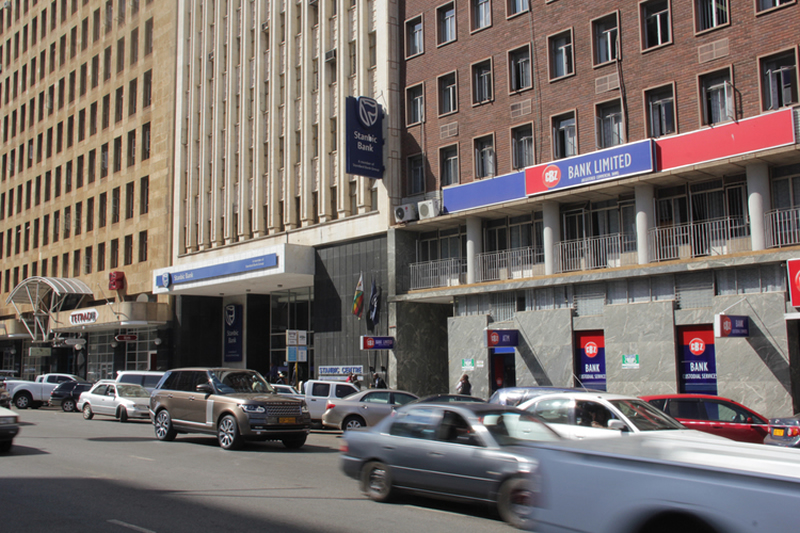
The Sunday Mail

With Zimbabweans receiving an average monthly income of US$450 per month, most people cannot afford to buy or build a house leaving the country’s housing deficit at an astounding 1,2 million. Many home-seekers’ only option is to rely on banks and building societies for mortgage financing.
There are allegations that banks and building societies are taking advantage of desperate prospective home-owners by charging high interest rates.
A mortgage comes in different forms, but the most simplified explanation would be that it is a loan to finance the purchase of a property based on certain conditions.
While banks can give mortgages, building societies do not in fact do so. Rather, they give loans on the security of the urban immovable property and in this case it is the borrower who gives mortgage to the lender.
The mortgagee or the lender keeps both the title deed and mortgage bond documents until the bond or loan is repaid.
Local interest rates
Although mortgages are the most popular facility for financing housing projects in the country, they are still beyond the reach of many due to the liquidity crunch bedevilling the economy.Interest rates charged by local financial institutions are between 15 and 25 percent compared to international rates which fluctuate below 10 percent.
In addition, the mortgages being offered on the local market are mostly short term while it is not uncommon to find 30-year mortgages in other countries. The latter allows payments to be spread over time.
Local banks are also demanding large deposits for one to be awarded a mortgage.
For instance, one bank is asking for a 30 percent cash deposit for a cluster house in one of the low-density suburbs which is being sold for US$200 000.
This means one needs to make an initial payment of US$60 000 before paying at least US$2 400 per month for 10 years.
At the end of the loan, one would have paid US$348 000 for the house which is almost double the initial price,
On the other hand, low-income earners are expected to pay a deposit of US$5 000 for a two-roomed house in Budiriro before 10-year monthly instalments of US$300 for a house whose value is pegged at $22 000. The total payment made at the end is US$35 000
Owning a house in Zimbabwe is now nearly impossible for ordinary workers. The misery is compounded by exorbitant rentals which are more expensive than better quality accomodation in South Africa.
Estate Agents Association of Zimbabwe (ECAZ) chairman Mr Oswald Nyakunike says the high interest rates and shorter repayment periods are aggravated by the liquidity crunch which has resulted in lenders taking a more cautious approach.
“These are problems associated with liquidity and cash crisis. Otherwise it is a buyer’s market and these prices reflect that. Availability of mortgage funding at affordable terms and conditions should help,” he said.
Interestingly, countries such as Botswana, South Africa and Mozambique which have interest rates below 10 percent provide longer payment periods of up to 40 years.
Housing co-operatives
Due to these hardships, a lot of people have turned to housing co-operatives.
Housing co-operatives are community-based funding pools that use their collective bargaining power to facilitate housing projects at a lower cost.
Some rogue housing co-operatives have taken advantage of increasingly desperate home-seekers to fleece them of their cash.
Research shows that in many cases, people who would have been contributing to housing co-operatives for a long time usually lose out on the last minute as their houses or stands are given to other people who would have paid large amounts of money.
In other cases, stands or houses are allocated to more than one person.




